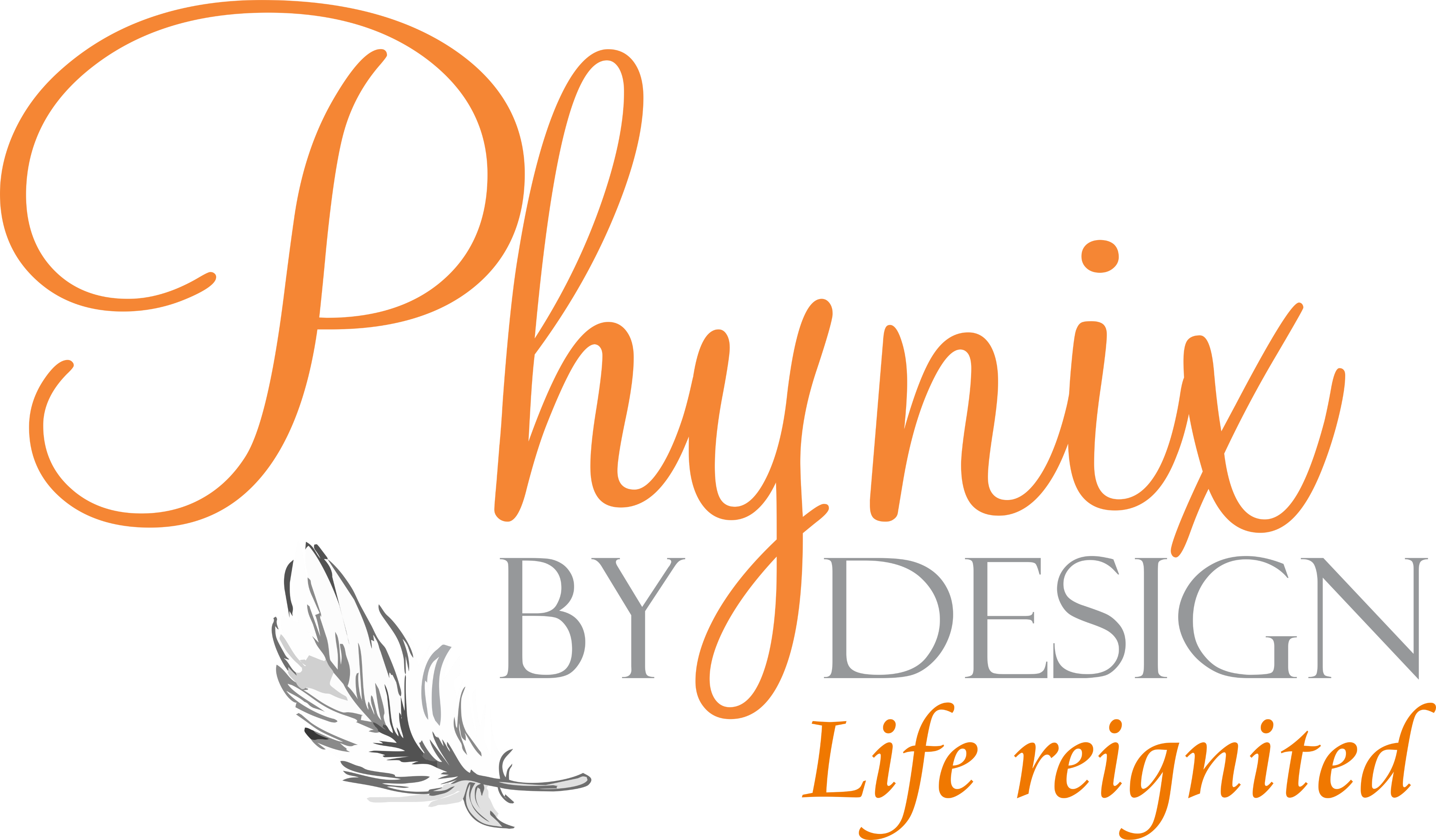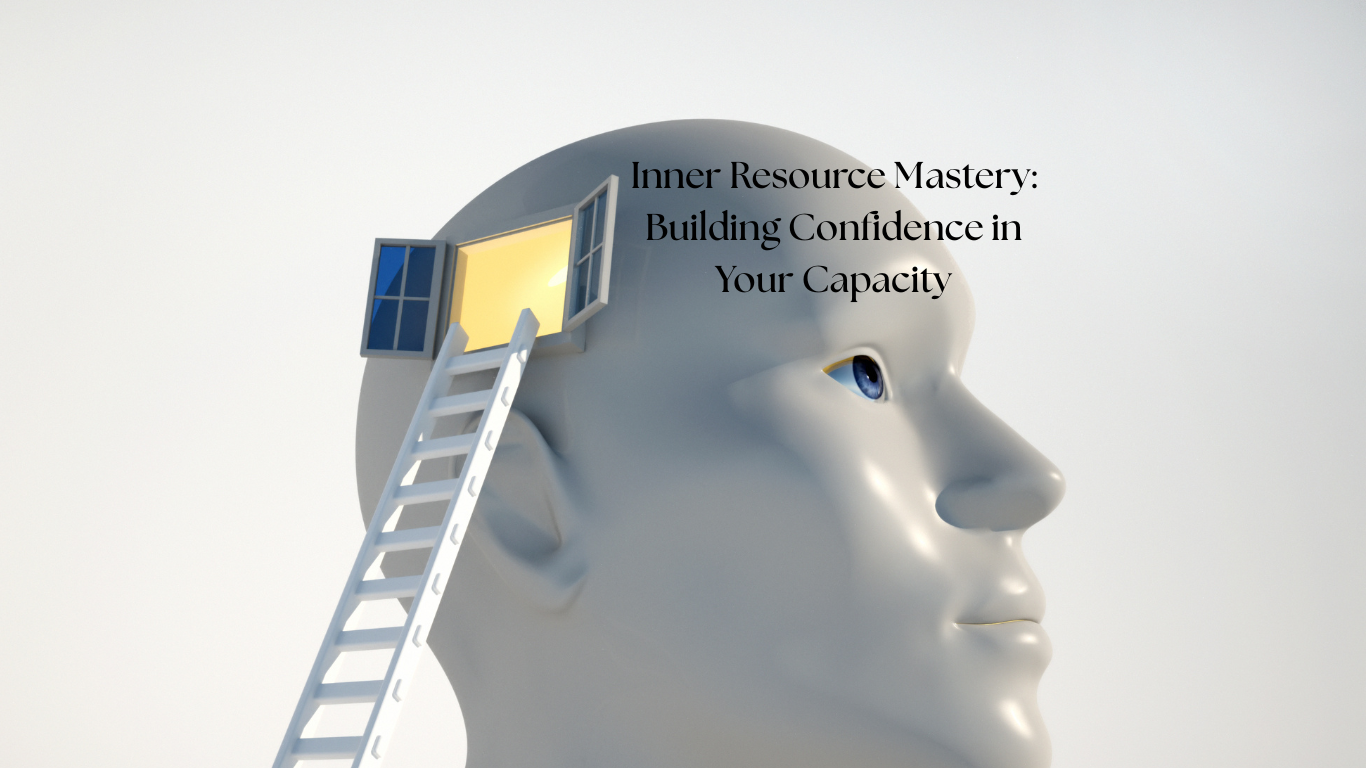Hello again, fellow seeker of strength!
How has your exploration of flexible strength been unfolding? I’ve been thinking about you and the ways you might be discovering your natural capacity to bend without breaking, to flow with challenges rather than fighting against them.
This week, we’re diving into inner resource mastery – learning to recognize, organize, and confidently access the incredible toolkit of strength you possess. I’m particularly excited about this focus because it transforms how you feel about facing future challenges. Instead of feeling unprepared or overwhelmed, you begin to trust in your ability to handle whatever comes.
The Well-Stocked Inner Toolkit
Imagine having a beautifully organized toolkit where you knew exactly what tools you had and could quickly find the right one for any situation. Inner resource mastery creates that same confidence within your resilient spirit. You know what strengths you possess, how to access them quickly, and which tools work best for different types of challenges.
I remember working with a client – let’s call him Michael – who consistently felt overwhelmed by life’s demands. When I asked him about his strengths, he drew a blank. “I don’t think I have any special tools,” he said. “I just muddle through somehow.”
Through our work together, Michael discovered he had remarkable problem-solving creativity, deep empathy that helped him connect with others, and persistence that had carried him through significant challenges. The issue wasn’t lack of resources – it was lack of awareness and organization of what he already possessed.
Once Michael learned to recognize and systematically access his inner resources, his entire relationship with challenges shifted. Instead of feeling like each difficulty was a test he might fail, he approached them as puzzles he had the tools to solve.
Creating Your Comprehensive Strength Inventory
The first step in inner resource mastery is taking stock of what you actually have to work with. Like organizing any toolkit, this process reveals surprising resources and helps you understand what’s readily available versus what needs development.
Cognitive Resources: Your Thinking Strengths
Your mind possesses unique patterns and capabilities that support your resilience:
Explore your cognitive toolkit:
- Problem-solving approaches: How do you naturally work through challenges?
- Learning styles: What methods help you understand and integrate new information?
- Creative thinking: How does innovation and originality show up in your life?
- Analysis skills: How do you break down complex situations?
- Decision-making patterns: What process helps you make choices you feel good about?
One client discovered her “overthinking” was actually thorough analysis that prevented many problems before they occurred. Another realized his “scattered” thinking was actually creative synthesis that found connections others missed.
What thinking strengths might you be undervaluing?
Emotional Resources: Your Feeling Intelligence
Your emotional capacity provides crucial information and energy for resilient response:
Assess your emotional toolkit:
- Feeling regulation skills: How do you work with difficult emotions?
- Empathy abilities: How do you understand and connect with others?
- Emotional expression: How do you communicate your inner experience?
- Emotional recovery: How do you bounce back from emotional challenges?
- Joy access: What reliably connects you to happiness and lightness?
Remember, every emotion offers valuable information. Anger signals boundary violations, sadness processes loss, fear alerts you to threats, and joy shows you what nourishes your spirit.
Physical Resources: Your Embodied Strength
Your body provides the foundational energy and capability for everything else:
Explore your physical toolkit:
- Movement capabilities: What physical activities support your wellbeing?
- Energy patterns: When do you naturally feel most vital and capable?
- Stress release: How does your body prefer to discharge tension?
- Healing capacity: How does your body restore itself after challenges?
- Sensory strengths: Which senses provide comfort, information, or pleasure?
Physical resources aren’t about perfect fitness – they’re about understanding and working with your body’s unique patterns and capabilities.
Spiritual Resources: Your Meaning-Making Capacity
Your spiritual resources connect you to purpose, values, and something larger than immediate challenges:
Assess your spiritual toolkit:
- Values clarity: What principles guide your decisions?
- Purpose connection: What gives your life meaning and direction?
- Transcendent practices: What connects you to something greater than yourself?
- Hope cultivation: What helps you maintain optimism about the future?
- Meaning-making: How do you find purpose in difficult experiences?
These resources provide the foundation for resilience that doesn’t depend on external circumstances.
The STRONG Framework for Crisis Navigation
When challenges arise, having a systematic approach helps you access your resources quickly rather than being overwhelmed by options or paralysed by uncertainty.
S – Stop and ground yourself
Take a moment to physically and mentally settle before reactive responding.
T – Take a breath and assess
What exactly are you dealing with? What’s urgent versus important?
R – Resource – what inner strength can you access?
Which of your inner resources would be most helpful right now?
O – Options – what choices do you have?
What different approaches or responses are available to you?
N – Next – what’s one small step forward?
What concrete action can you take to begin moving through this challenge?
G – Growth – how might this build your resilience?
What learning or strength development could emerge from this experience?
Practice this framework with a recent challenge:
Think of something difficult you’ve navigated recently and walk through each step. Notice how this systematic approach affects your confidence and clarity about handling similar challenges in the future.
Growth Mindset: Your Learning Laboratory
One of the most powerful inner resources is the ability to approach challenges as learning opportunities rather than threats to your adequacy. This shifts your entire nervous system from defensive to curious.
The Learning Laboratory Approach:
Instead of viewing challenges as tests you might fail, treat them as experiments that provide valuable data:
Current challenge as experiment: What are you currently struggling with?
Hypothesis: “If I try [new approach], then [potential outcome] might happen.”
Variables you can adjust: What elements of the situation can you influence or modify?
Success metrics beyond just “solving” the problem:
- Skills you’re developing
- Learning you’re gaining
- Resilience you’re building
- Relationships you’re strengthening
Data collection: What insights is this experience providing about yourself, life, or effective approaches?
This reframe transforms “failures” into valuable information and reduces the pressure to get everything right the first time.
Self-Compassion: The Foundation That Supports Everything
Perhaps the most crucial inner resource is the ability to treat yourself with kindness, especially when you’re struggling. Self-compassion isn’t weakness – it’s the foundation that allows all other resilience practices to flourish.
Self-Compassion in Action Practice:
For a current struggle you’re experiencing:
Mindfulness: “I notice I’m struggling with [situation] right now.”
Common humanity: “This type of difficulty is part of the human experience. I’m not alone in facing this.”
Self-kindness: “May I be gentle with myself during this challenging time. What do I need to hear right now?”
Self-compassion creates the internal safety that allows you to take risks, try new approaches, and bounce back from setbacks. When you’re your own supportive ally, you have access to far more inner resources than when you’re fighting against yourself.
Resource Accessibility Practice
It’s not enough to have resources – you need to practice accessing them quickly when you need them most:
For each resource category, identify:
Quick access (under 1 minute): What can help you immediately?
- Cognitive: A grounding phrase or perspective reminder
- Emotional: A breathing technique or self-compassion phrase
- Physical: A movement or posture that centres you
- Spiritual: A values reminder or meaningful ritual
Medium practice (5-10 minutes): What helps with moderate challenges? Deep practice (20+ minutes): What supports you through major difficulties?
Having these different levels of access ensures you can match the right resource to the available time and energy.
Your Week 3 Challenge
This week, I invite you to create your personalized inner resource toolkit. Rather than trying to develop new strengths, focus on organizing and practicing access to the resources you already possess.
Choose one challenge you’re currently facing and practice using the STRONG framework to navigate it systematically. Notice how it feels to approach difficulties with confidence in your capability rather than fear of inadequacy.
As you move through this week, notice with gentle awareness:
- What resources do you discover that surprise you?
- How does organized awareness of your capabilities affect your confidence?
- What shifts when you treat challenges as opportunities to practice using your toolkit rather than threats to your adequacy?
The Confidence That Comes From Knowing Your Strength
Remember that inner resource mastery isn’t about becoming perfect or having tools for every possible situation. It’s about developing deep trust in your ability to figure things out, adapt as needed, and learn from every experience.
When you know what resources you possess and how to access them, challenges feel less overwhelming because you’re not starting from scratch – you’re drawing from a well-organized toolkit that’s been growing stronger through every experience you’ve navigated.
I’m so inspired by your commitment to this journey! Throughout this week, I’ll be sharing regular practices on social media to support your inner resource development. Follow along on Instagram, Facebook, or LinkedIn for regular inspiration and practical exercises.
I’d love to hear about your discoveries with inner resource mastery. What strengths surprised you? How does the STRONG framework work for your challenges? What resources do you most appreciate having? Comment on my posts or reach out directly to share your insights.
Remember, you have far more inner resources than you realize – this week is simply about recognizing and organizing the strength that’s already there.
With warmth and deep admiration for your growing mastery,
Gemma-Lee
About the Author:
Gemma-Lee Harvey is a Holistic Counsellor and Lifestyle Coach based on Australia’s Sunshine Coast. With a diverse background spanning psychology, business, counselling, and coaching, she creates a nurturing space for exploring one’s full potential. Her gentle yet practical approach kindles the transformative spirit within, guiding individuals through life’s challenges as they rise through empowerment.
Contact:
🌐 www.phynixbydesign.com.au
☎ 07 5493 6742
📱 0448 562 814
🏢 Brightwater Wellness Hub, Shop 7E 69-79 Attenuata Drive, Mountain Creek QLD 4557
Opening hearts & facilitating transformations since 2017
Phynix By Design ~ Life Reignited

